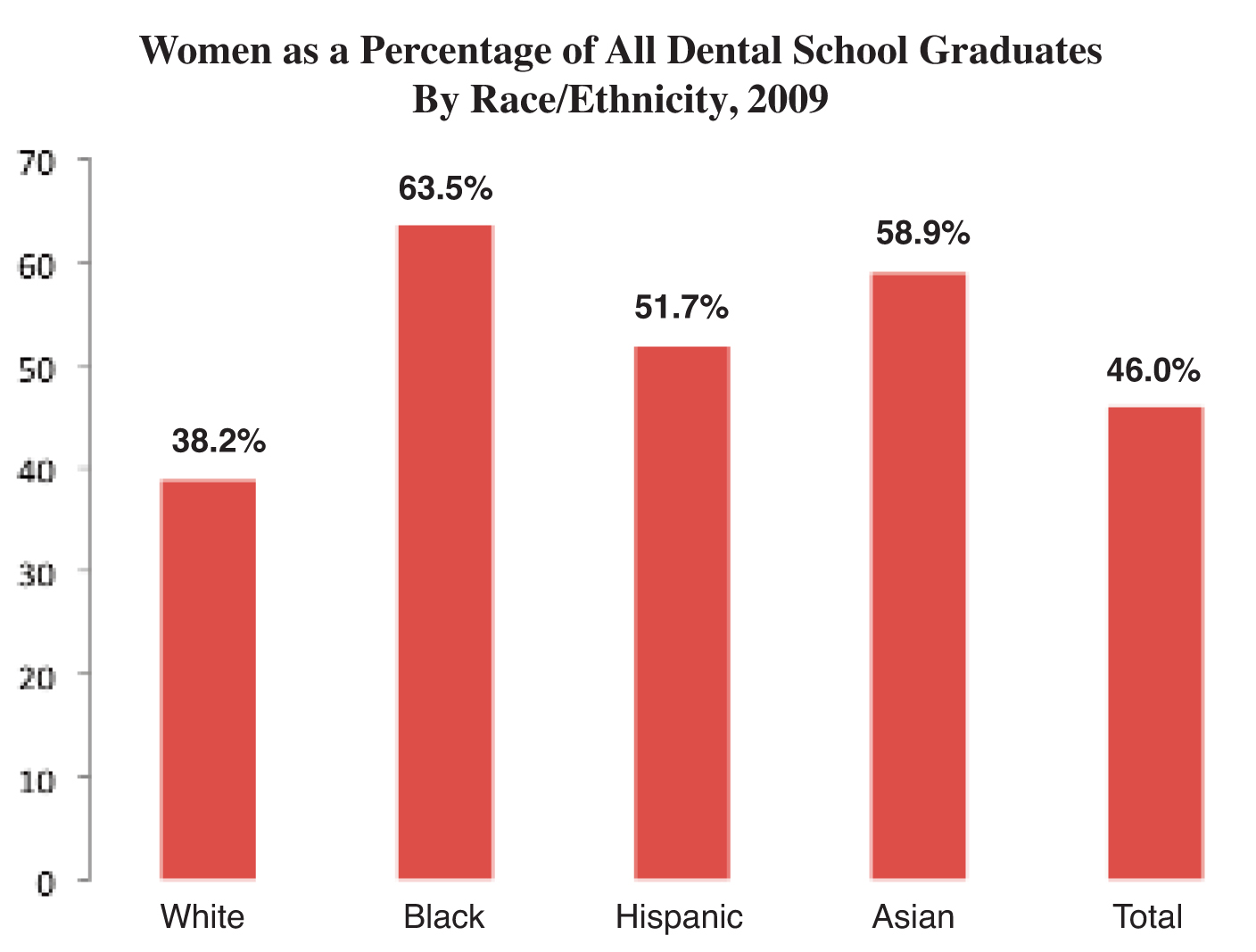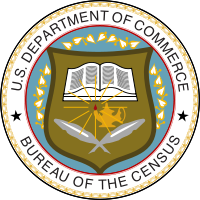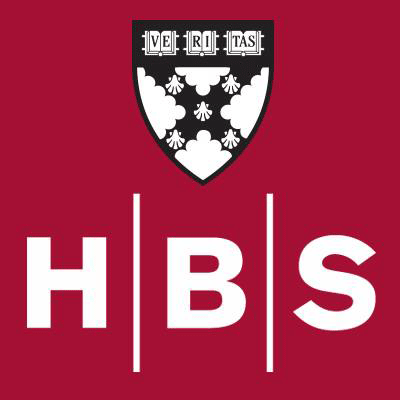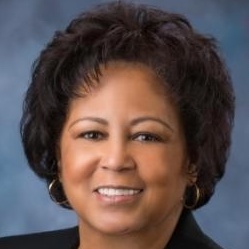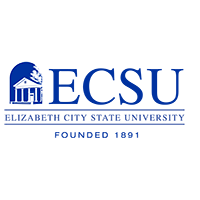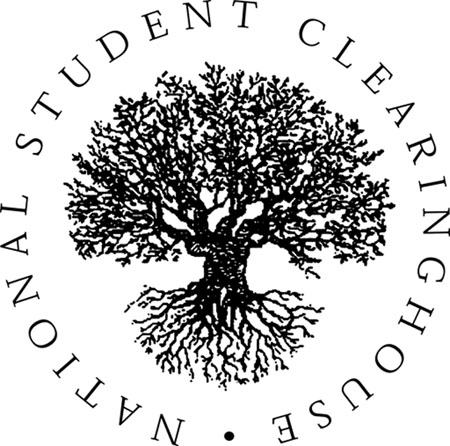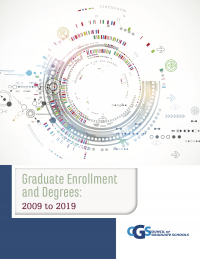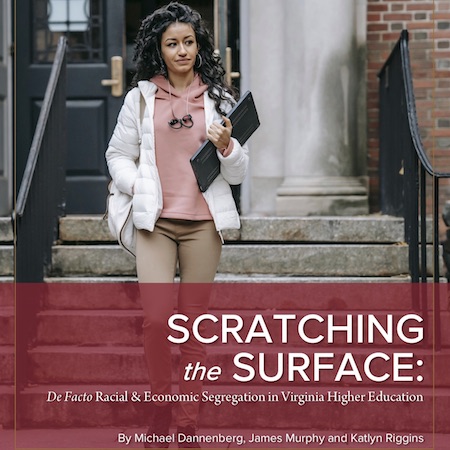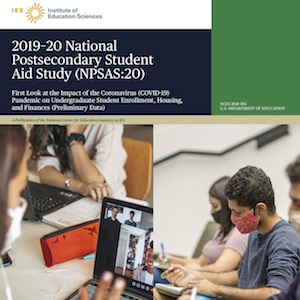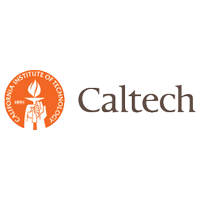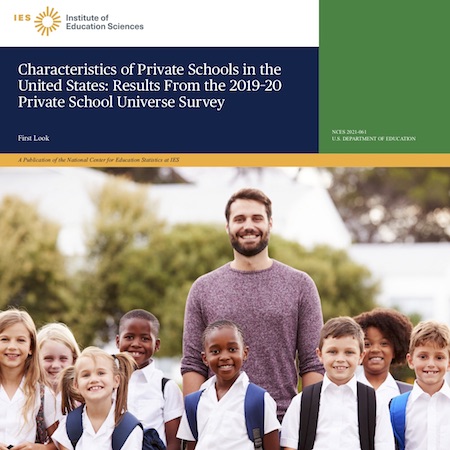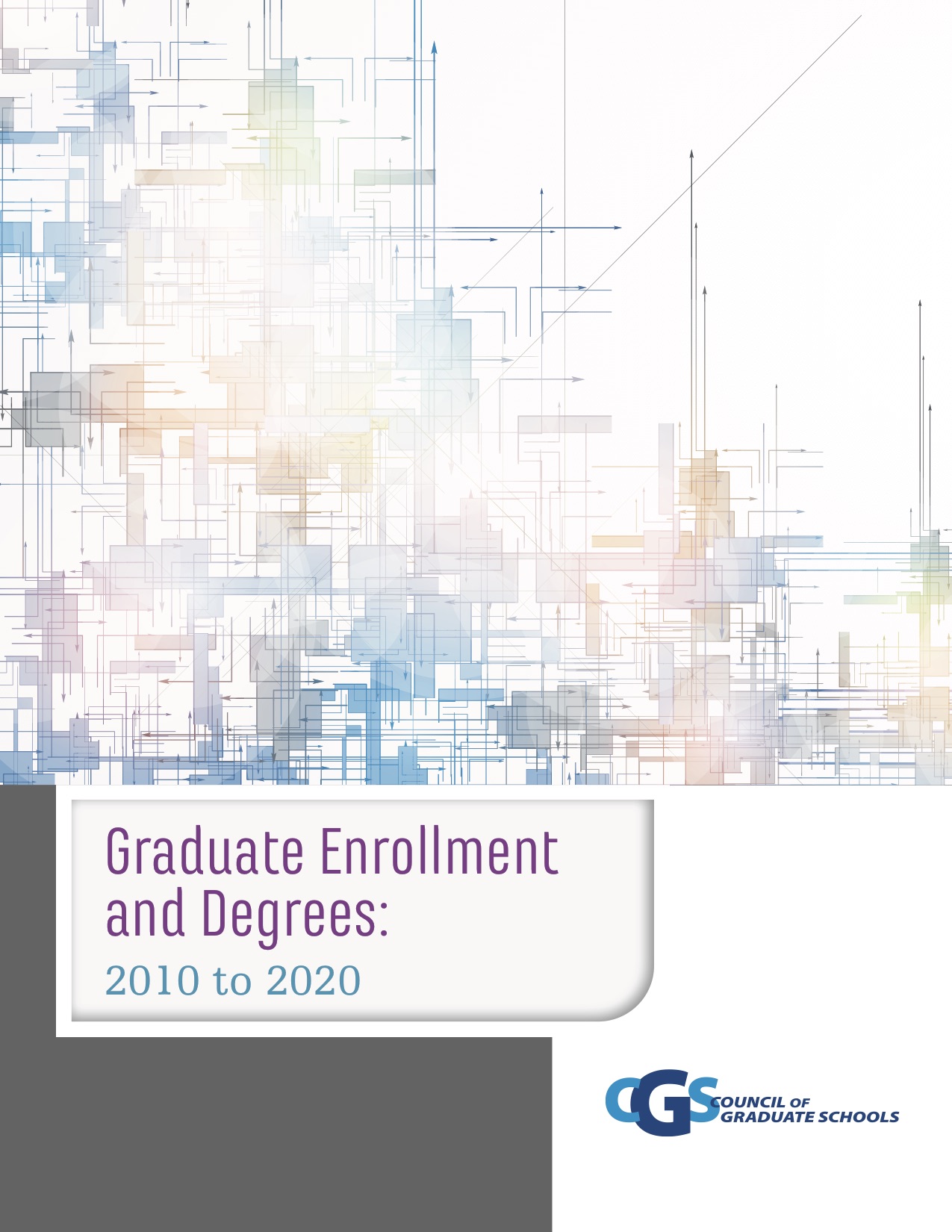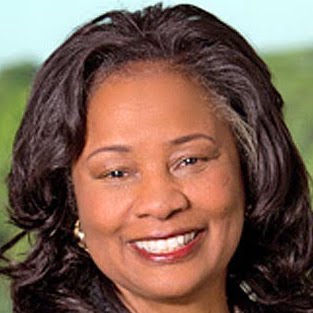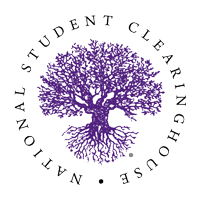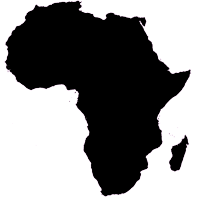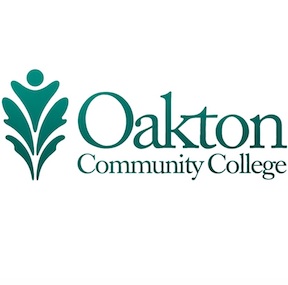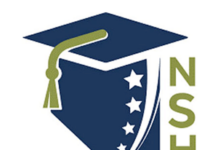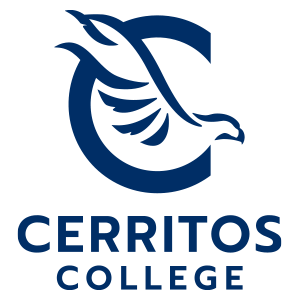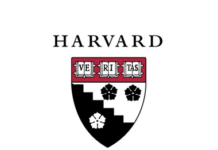The Racial Gap in College Participation Rates in the United States
If we look only at those students who graduated from high school in the spring of 2018, we find that 64.1 percent of Black students had enrolled in postsecondary education by October 2018. For 2018 non-Hispanic White high school graduates, the college participation rate was 71.3 percent.
Harvard Business School Alumni Seeks Greater Diversity at Their Alma Mater
There are currently 56 African Americans (6.2 percent) in the latest 900-member class at Harvard Business School. At the present time, only two of the 100 tenured faculty members are Black.
Idaho Bans the Use of Affirmative Action in Admission Decisions at State Universities
Idaho governor Brad Little has signed into law a bill that prohibits the consideration of race in hiring and admissions decisions at state-operated colleges and universities in the state. Idaho becomes the ninth state to ban race-sensitive admissions at state colleges and universities.
Black Students Admitted to Highly Selective Colleges and Universities
In an ear, when selective colleges and universities typically hold their admissions statistics for Black student close to their vests, a few have announced how many Black students were admitted to the Class of 2024.
A Snapshot of Enrollments at the Nation’s Historically Black Colleges and Universities
In the fall of 2018, there were 291,767 students enrolled at the nation's HBCUs. African Americans made up about 76.5 percent of the enrollments at HBCUs that year. This fall, undoubtedly many HBCUs will struggle to maintain enrollments due to the COVID-19 pandemic.
Elizabeth City State University Shows Significant Enrollment Increases
Due to the COVID-19 pandemic, many colleges and universities are struggling to maintain enrollments at levels that existed a year or two ago. But Elizabeth City State University, a historically Black educational institution in North Carolina is bucking the trend.
North Carolina A&T State University Reports Its Fifth Consecutive Year of Record Enrollments
This fall there are 12,754 students enrolled at North Carolina A&T State University, continuing a growth trend that began in 2013, when it became the largest HBCU in the nation. It has held that status now for seven consecutive years.
Some HBCUs Are Bucking the Trend in Higher Education Enrollment Declines
At a time when many colleges and universities are struggling to maintain enrollments at levels of the past several years, many historically Black colleges and universities are seeing increases in enrollments with some schools achieving all-time records.
Report Finds that “It’s Time to Worry About College Enrollment Declines Among Blacks”
The percentage of young White Americans with at least an associate's degree is 19 percentage points higher than for young Black adults. Absent significant increases in graduation rates, declines in the number of Black students in college will make it hard to shrink their attainment gap relative to White students.
Tracking Racial and Ethnic Enrollments in Higher Education During the Pandemic
The National Student Clearinghouse Center has released a preliminary report that shows that this fall Black enrollments in higher education are down by 6.3 percent compared to a year ago. But Black enrollments in graduate school are up by more than 8 percent.
A Snapshot of Pre-Pandemic Black Enrollments in U.S. Graduate Schools
In the fall of 2019, Blacks were more than 18 percent of total first-time enrollments in graduate programs in public administration but only 4.5 percent of first-time graduate enrollments in physical sciences and 5.8 percent in engineering.
Large Group of Black Students Admitted Early to Harvard University
Harvard University accepted 747 students who applied early from a pool of more than 10,000 early applicants. African Americans constitute 16.6 percent of those admitted early, compared to 12.7 percent last year.
A Significant Increase in the Number of Black Applicants to the University of California
Black applicants to the flagship Berkeley campus are up by more than 35 percent from a year ago, while overall applicants to Berkley are up by 23.8 percent. At the University of California, Los Angeles, the number of Black applicants surged by nearly 37 percent.
The Racial Gap in College Enrollments of Recent High School Graduates
For non-Hispanic White high school graduates in 2019, 47.9 percent had enrolled in four-year colleges and universities by October of that year. For 2019 Black high school graduates, less than 32 percent had enrolled in four-year colleges and universities by the ensuing fall.
Black Students in STEM and Health Graduate Programs Increase But a Large Racial Gap...
New data from the National Science Foundation show that in pre-pandemic America enrollments in graduate programs in science, engineering, and health fields at U.S. academic institutions were increasing. The increase in Black enrollments in these disciplines increased faster than the rate for enrollments as a whole.
Blacks Make Up 18 Percent of Admitted Students at Harvard University
Harvard College accepted 3.43 percent of applicants to the Class of 2025. Blacks or African Americans make up 18 percent of all admitted students.
Report Finds De Facto Racial Segregation in Virginia’s Public Universities
At the University of Virginia, just 13 percent of undergraduates identified as Black or Hispanic; that share is 60 percent lower than the state’s population ages 18 to 24. The College of William & Mary and Christopher Newport University are near large Black population centers but each of their student bodies is just 7 percent Black.
Purdue University Looks to Boost its Commitment to African American Students
The Equity Task Force at Purdue University in West Lafayette, Indiana, has defined concrete goals and plans to invest more than $75 million into the support of Black students and programs over the course of the next five years. Among the goals are to double the number of Black undergraduate students at the university.
How African American Undergraduate Students Were Impacted by the COVID-19 Pandemic
A new report from the U.S. Department of Education finds that some 7.2 percent of Black undergraduates said they withdrew from their college or university during the first few months of the pandemic, more than double the rate for Whites. Another 5.6 percent of all Black undergraduates took a leave of absence, almost double the rate for Whites.
Caltech Has Climbed Aboard the Diversity Bandwagon and Has the Numbers to Prove It
JBHE has conducted an annual survey on the number of Black students in the entering classes of the nation's top-ranked research universities for nearly 30 years. On many occasions, the number of Black students in the first-year class at the California Institute of Technology in Pasadena could have been counted on one hand. Not anymore.
Blacks More Likely to Take Advantage of Optional Test-Score Reporting During the Pandemic
Most colleges and universities were test-optional this past year due to the pandemic but some students still reported their scores. Only 31 percent of students from underrepresented minority groups reported test scores this past year, compared to 43 percent of all students who used the Common App.
New Data Shows the Effect of the Pandemic of Black Enrollments in Higher Education
There were 2,331,529 Black or African American students enrolled in higher education last fall. In the fall of 2019, there were 2,474,200 Black students enrolled. Thus, Black enrollments were down nearly 6 percent. This is four times the drop for students as a whole. In 2010, more than 3 million Black students were enrolled in higher education.
A Snapshot of African American Enrollments in Private K-12 Schools in the United States
Of the more than 4.6 million students enrolled in private schools in the United States in 2019, 9.4 percent were Black or African American. Blacks made up a greater percentage of students in smaller private schools and in private schools in urban areas.
A Snapshot of African American Enrollments in Graduate School After the Onset of the...
In the fall of 2020, 53,754 African Americans enrolled in graduate school for the first time. African Americans made up 12.3 percent of all first-time graduate enrollees from the United States in 2020. Of these, 69.4 percent were women.
Federal Judge Upholds Race-Sensitive Admissions at the University of North Carolina at Chapel Hill
In 2014, the group Students for Fair Admissions filed a lawsuit alleging that the University of North Carolina at Chapel Hill unfairly uses race to give significant preference to underrepresented minority applicants to the detriment of White and Asian-American applicants, while ignoring race-neutral alternatives for achieving a diverse student body.
How Black Enrollments in Higher Education Have Been Impacted by the Global Pandemic
New research from the National Student Clearinghouse Research Center finds that Black enrollments in higher education are down 5.1 percent from a year ago and by more than 11 percent over the past two years. The steepest declines are at the community college level.
Students From Sub-Saharan African Nations at U.S. Colleges and Universities, 2020-21
The Institute for International Education reports that in the 2020-21 academic year, there were 39,061 students from sub-Saharan Africa enrolled at colleges and universities in the United States. This was down by 6.3 percent. But overall international student enrollment was down by 15 percent.
The Pandemic Caused a Huge Drop in U.S. Students Studying Abroad in Africa
Of all U.S. students studying abroad in the 2019-20 academic year, 5,444 attended universities in sub-Saharan Africa. Sub-Saharan African nations sent seven times as many students to American universities as America sent to sub-Saharan African universities.
An Urgent Need to Focus on Retention Programs for African Americans in Higher Education
In 2020, there were 711,000 African American first-year students at undergraduate colleges and universities. That same year, there were only 220,000 Black students in their fourth year of undergraduate study.
Racial Differences in School Enrollments and High School Graduation Rates
In October 2020, were nearly 3 million African American adults over the age of 18 who were not high school graduates. There were more than 900,000 African Americans over the age of 65 who had not graduated from high school. They made up about one sixth of all African Americans over the age of 65.
Black Applicants Increase at the Most Selective of University of California Campuses
At the flagship Berkeley campus, there are 4,647 applicants compared to 4,035 a year ago, an increase of more than 15 percent. This was the largest increase at any of the nine undergraduate campuses.
Some Top Colleges and Universities Divulge Data on Admission of Black Students
Highly selective educational institutions are increasingly unwilling to disclose data on the racial and ethnic makeup of the students they admit. Instead, they tout high numbers of students of color without giving a more detailed breakdown.
The Devastating Effects of the Pandemic on Black Enrollments in Higher Education
This spring there were 4.2 percent more first-year students enrolled in American higher education than a year ago. But for Blacks, first-year enrollments are down 6 percent this spring compared to a year ago. This comes on top of a 13 percent decline from 2020 to 2021.
Oakton Community College in Illinois Establishes an Academy for Black Men
The Emory Williams Academy for Black Men is designed to support historically underserved and underrepresented students along their academic and career pathways, with a particular focus on Black male students.
Tracking the Gender Gap in Enrollments at HBCUs
For the fall of 2020, when the COVID-19 pandemic greatly impacted enrollments in higher education, women were 64.3 percent of all students at HBCUs, compared to 62.7 percent in 2019, before the pandemic took hold.
How the Pandemic Impacted Black Enrollments in California Community Colleges
A new study by researchers at the University of California, Santa Cruz which is a working paper of Stanford University's Institute for Economic Policy Research, finds that although all racial and ethnic groups experienced large decreases in enrollment during the pandemic, Black students experienced the largest effects.
